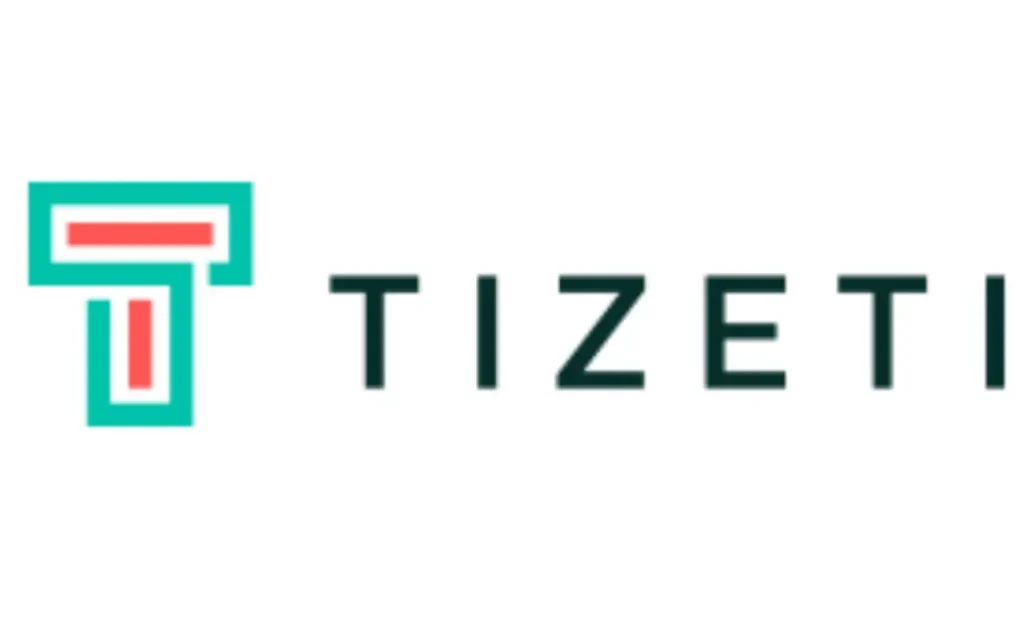• The company has achieved a five-year run of profitability, delivered over 35,000 TB of data by end-2023, expanded its fibre infrastructure (FreeFiber.Africa), and launched services exceeding 1 Gbps.
• Tizeti’s innovations (solar-powered towers, fibre expansion, unlimited data plans) are helping to overcome common industry challenges: high infrastructure costs, power unreliability, currency volatility, and affordability of service for households.
Tizeti Network Limited: Growth, innovation, and financial resilience
Tizeti has, over recent years, made significant strides in connecting underserved communities in Nigeria, Ghana and Francophone West Africa. The company has nearly 200 solar-powered towers, delivering over 180 terabytes of internet data daily, and as of December 2023 had transmitted over 35,219 TB of data. It also recorded a five-year run of profitability, even while many other ISPs in the region face sector slump.
Its recent initiatives include the FreeFiber.Africa project, which has rolled out over 100,000 metres of fibre optic cable across Nigeria and Ghana. This enables speeds exceeding 1 Gbps and aims to significantly surpass regional average connection speeds (~28 Mbps), with free installation and a first-month free offer.
Also read: Infinity Broadband: Redefining fibre connectivity
Also read: iOCO: Powers eThekwini’s digital transformation
Industry context & Challenges for Tizeti Network Limited
Important infrastructure gaps, in particular for consistent electrical supply, backbone internet reach, and last-mile delivery in underdeveloped and rural regions, indicate the wider African telecommunications business. High capital and working costs, frequent depreciation of currencies (such as the losses of the Naira and Ghanaian cedi), inflation, and regulatory burdens have challenges that numerous ISPs encounter.
Tizeti’s innovations respond directly to these challenges. Its use of solar-powered base stations mitigates dependence on grid electricity and lowers operating cost. The FreeFiber.Africa fibre rollout seeks to address the often poor last-mile connectivity, bringing fibre directly to homes and businesses, enabling higher reliability and speed. Users for whom data caps, not stated expenses, or varying pricing can be an incentive are attracted to unlimited data plans. Nevertheless, there are still challenges: licensing and rules and regulations differ by country; scaling in rural areas still costs considerable amounts per user, and consumer expectations (speed, latency, transparency) are still growing.

